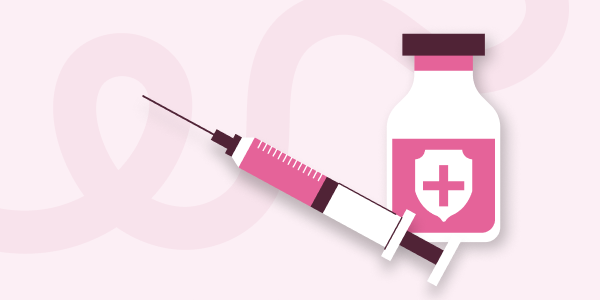
What to Know Before You Go Abroad
Planning a trip abroad? Whether you’re travelling for work, holiday, or to visit family, there’s one important step that’s easy to overlook, making sure you’re protected with the right travel vaccinations.
In this blog, we’ll walk you through why travel vaccines matter, which ones are commonly needed, how to plan ahead, and where to go for trusted medical advice. It’s all about staying safe while you’re away and protecting others when you return.

Why Do Travel Vaccines Matter?
Travel vaccines help protect you against infectious diseases that aren’t common in the UK. These infections may be more prevalent in certain countries due to differences in climate, sanitation, healthcare infrastructure, or mosquito exposure.
Some diseases, like hepatitis A or typhoid, can spread through contaminated food or water. Others, like yellow fever or rabies, are spread through insect bites or animal contact.
By getting vaccinated before you travel, you’re helping:
– Prevent serious illness while you’re abroad
– Avoid disruptions to your trip (like hospital visits or needing to cut your travels short)
– Reduce the risk of bringing an infection back home to the UK
Travel vaccines are a small step that can make a big difference for both your health and public safety.
Common Travel Vaccines & Where They’re Needed
Here are some of the most commonly recommended vaccines for international travel. The vaccines you need will depend on where you’re going, how long you’re staying, and what you’ll be doing.
– Hepatitis A and Typhoid: Commonly advised for travel to parts of Africa, Asia, and Central/South America, where sanitation and food safety standards may vary.
– Cholera: Recommended if you’re visiting areas with poor sanitation, especially during floods or outbreaks.
– Yellow Fever: A serious viral infection spread by mosquitoes. Some countries in Africa and South America legally require proof of yellow fever vaccination as a condition of entry.
Always check requirements well in advance, especially if you’re crossing multiple countries during your trip.
How to Plan: What to Do Before You Travel
It’s best to start thinking about travel vaccinations at least 6 to 8 weeks before your departure date. Some vaccines require multiple doses spaced out over time, while others may take a few weeks to become fully effective.

Here’s what to do:
- Book a travel health assessment with your GP, pharmacist, or a dedicated travel clinic.
- They’ll ask about your destination, length of stay, planned activities, and any existing medical conditions.
- Based on this, they’ll recommend which vaccines you may need as well as any malaria tablets or other preventive care if relevant.
Planning early ensures that you have enough time to get protected before you fly.
NHS Vaccines: What’s Free vs. What You’ll Pay For
Some travel vaccines are available free on the NHS, while others must be paid for privately through your GP practice or a travel health clinic.
Here’s a breakdown:
Free on the NHS (if medically required for travel):
– Cholera
– Hepatitis A
– Typhoid
– Polio (usually given as a combination vaccine with diphtheria and tetanus)
Typically Private (not free on the NHS):
– Hepatitis B
– Rabies
– Yellow Fever
– Japanese Encephalitis
– Meningitis ACWY
– Tick-borne Encephalitis
Prices for private vaccines vary by clinic, so it’s worth checking in advance. Some countries may also require official vaccination certificates, particularly for yellow fever or polio, so keep all your documents safe.

Takeaway Tips for Safer Travel
Before you zip up your suitcase, make sure travel vaccinations are part of your checklist. Here are some final reminders:
– Start early – aim to check your vaccine needs at least 6–8 weeks before travel
– Use a GP, pharmacist, or specialist travel clinic for personalised advice
– Keep proof of any required vaccines, especially yellow fever or polio, as some countries may ask for this on arrival
– Stay safe abroad and help prevent the spread of infections when you return to the UK
Vaccinations are a simple way to travel more safely and they’re just as important as your passport.
Prefer a Quick Summary?
If you’d like an easy-to-read version of this information, you can open our simplified leaflet, perfect for printing, sharing, or saving for your travel prep.
👉 [Open the travel vaccine leaflet]
Learn More from Trusted Sources
For up-to-date travel health advice and vaccine recommendations, always use reliable, evidence-based guidance.
– NHS Travel Vaccines Overview:
👉 nhs.uk/conditions/travel-vaccinations
– GOV.UK Foreign Travel Advice:
👉 gov.uk/foreign-travel-advice





